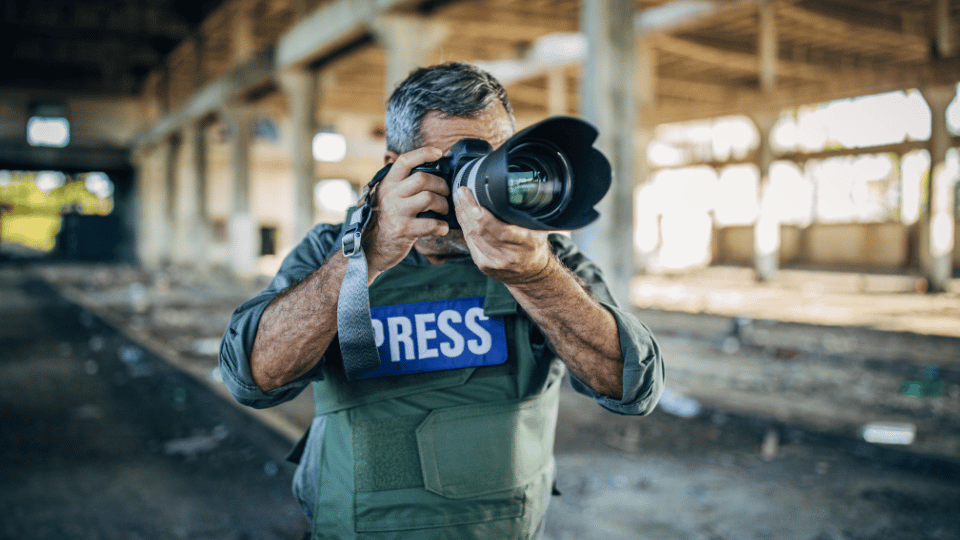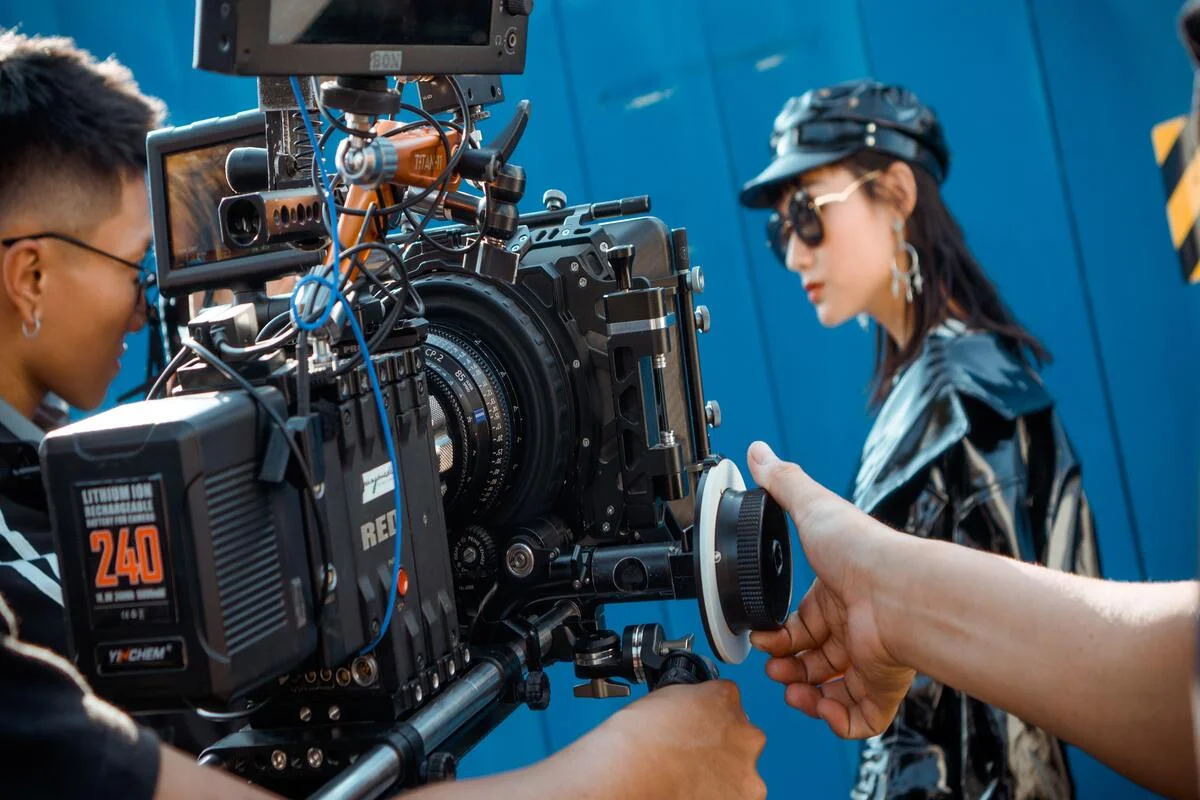Photojournalism is a unique form of storytelling that combines the power of visual imagery with journalistic principles to convey impactful narratives. Aspiring photojournalists require a solid foundation in both photography and journalism to excel in this dynamic field. In this guide, we will delve into the essential aspects of photojournalism education, including key skills, educational paths, and career opportunities.
Mastering Photography Techniques
At the core of photojournalism education is a strong foundation in photography techniques. Understanding concepts such as composition, lighting, exposure, and framing is crucial for capturing compelling images that effectively communicate a story. Aspiring photojournalists should hone their technical skills through practice, experimentation, and continuous learning.
Journalistic Principles and Ethics
Photojournalism goes beyond capturing visually striking images; it also involves adhering to journalistic principles and ethics. Students pursuing photojournalism education should familiarize themselves with media law, ethics codes, and standards of objectivity and accuracy. Upholding ethical practices is essential for maintaining credibility and trust in the field.
Storytelling through Images
Photojournalists are visual storytellers who use images to evoke emotion, convey information, and shed light on important issues. Learning how to tell a compelling story through images is a key aspect of photojournalism education. Students should practice narrative development, sequencing, and visual storytelling techniques to create impactful photo essays and multimedia projects.
Digital Editing and Post-Processing
In today’s digital age, proficiency in digital editing and post-processing tools is essential for photojournalists. Students should familiarize themselves with software such as Adobe Photoshop and Lightroom to enhance and refine their images. Understanding how to edit images ethically while maintaining the integrity of the story is a valuable skill for aspiring photojournalists.
Field Experience and Internships
Hands-on experience is invaluable in the field of photojournalism. Students should seek opportunities for internships, freelance work, and field assignments to gain practical experience and build a strong portfolio. Working alongside experienced photojournalists provides valuable mentorship and networking opportunities that can propel a career in the industry.
Understanding Media Platforms
Photojournalists must adapt to the evolving media landscape and be proficient in delivering content across various platforms. Familiarity with online publishing, social media, multimedia storytelling, and video production is essential for modern photojournalists. Students should stay updated on emerging trends and technologies in the industry to remain competitive.
Building a Professional Network
Networking is key to success in the competitive field of photojournalism. Students should attend industry events, workshops, and conferences to connect with professionals, editors, and potential employers. Building a strong professional network can open doors to job opportunities, collaborations, and mentorship in the industry.
Continuing Education and Skill Development
The field of photojournalism is constantly evolving, requiring professionals to stay current with industry trends and technologies. Continuing education through workshops, seminars, and online courses can help photojournalists expand their skill set and stay competitive in the field. Lifelong learning is essential for growth and advancement in photojournalism.
Portfolio Development and Presentation
A strong portfolio is a showcase of a photojournalist’s best work and serves as a powerful tool for attracting potential clients and employers. Students should curate a diverse portfolio that highlights their skills, style, and storytelling abilities. Presenting a professional and cohesive portfolio is essential for making a lasting impression in the industry.
Seeking Mentorship and Feedback
Mentorship plays a vital role in the development of aspiring photojournalists. Seeking guidance from experienced professionals, mentors, and educators can provide valuable insights, feedback, and support. Constructive criticism and mentorship can help students refine their craft, navigate challenges, and accelerate their career growth in photojournalism.
Conclusion
By immersing themselves in a comprehensive photojournalism education that encompasses technical skills, journalistic principles, storytelling techniques, and practical experience, aspiring photojournalists can embark on a fulfilling and impactful career in the field. The combination of artistic vision, journalistic integrity, and technical proficiency is key to success in the dynamic world of photojournalism.
Key Takeaways:
- Strong photography skills are foundational—mastering composition, lighting, and exposure is essential.
- Ethical journalism principles are critical for building trust and credibility in visual reporting.
- Visual storytelling techniques help convey powerful narratives through impactful photo essays.
- Digital editing proficiency is necessary, with an emphasis on ethical post-processing.
- Fieldwork and internships provide hands-on experience and build a compelling portfolio.
- Adaptability to media platforms like social media and multimedia tools is crucial in today’s digital landscape.
- Networking with professionals can lead to mentorships, job opportunities, and industry insight.
- Lifelong learning through continued education helps photojournalists stay relevant and skilled.
- A strong, curated portfolio is key to showcasing talent and landing assignments or roles.
- Mentorship and constructive feedback accelerate growth and improve storytelling craft.
By immersing yourself in a comprehensive photojournalism education that encompasses technical skills, journalistic principles, storytelling techniques, and practical experience, you can embark on a fulfilling and impactful career in the field. Remember, mastering photography techniques, understanding media platforms, and building a professional network are essential steps towards success in photojournalism.
To further enhance your skills and knowledge, consider exploring the NYU | Modern Journalism online course and certificate program for valuable insights and practical tools to excel in the field of photojournalism.








